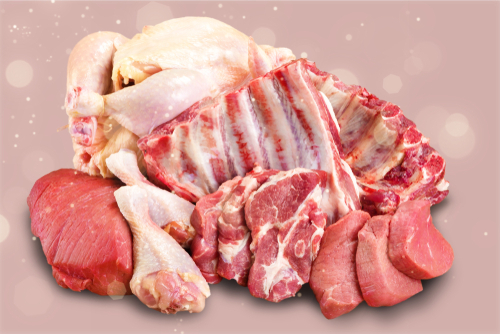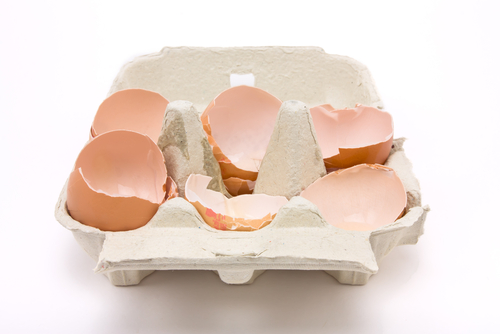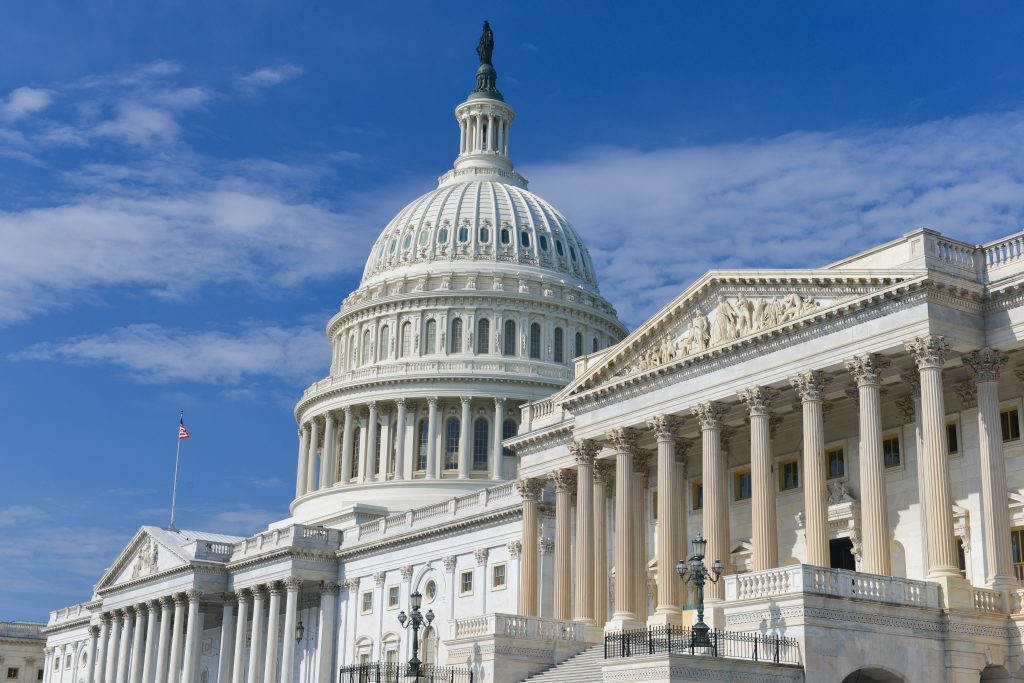Author James McWilliams has stirred the pot with his new book Just Food: Where Locavores Get It Wrong and How We Can Truly Eat Responsibly. In it, he takes on some of the fundamentalist foodies’ most common (and egregious) assertions about “buying local.” We don’t agree with everything McWilliams says (especially his assertions, now thoroughly debunked, about meat and global warming), but he offers a refreshing break from the dour drumbeat of Michael Pollan-style dietary orthodoxy.
Today in the Oregonian, McWilliams elaborates on his thoughts about food systems. He’s skeptical, for instance, about making organic food more than a niche in the food system:
[T]he problem we face in the 21st century is providing food for 3 billion more people on the same amount of land. Organic has a place, but it might very well be unwise to suggest that organic should replace conventional production.
One more concern about organic production is that it uses chemicals — they’re just natural chemicals, and a lot of these are quite toxic. … I wonder what would happen if organic production became 20 percent or 30 percent of production … Chemicals are chemicals, and we need to be very careful to not assume that organic food is chemical-free.
So what could help feed the world? McWilliams points to genetically modified (GM) food, after admitting that he was originally a strong skeptic. That’s especially important in light of a new report from the Food and Agriculture Organization of the United Nations showing that the world will need 70 percent more food by 2050 in order to feed our world’s growing population. It’s good to see a self-described “locavore” coming around to the reality that biotech food must be integral to feeding the future world. (We won’t hold our breath waiting for the fundamentalists at Greenpeace to follow suit.)
Lastly, McWilliams offers an observation that doubles as a warning:
Food is becoming for a lot of people a religion. They want to pick the one way to go about finding culinary salvation.
Sounds like a perfect description of Michael Pollan and his “holy, catholic, and apostolic church of food, where only martyrs and lost souls have to shop at Safeway.” And it would certainly explain the blind faith people have in food systems that are only practical for the richest and snootiest among us.




